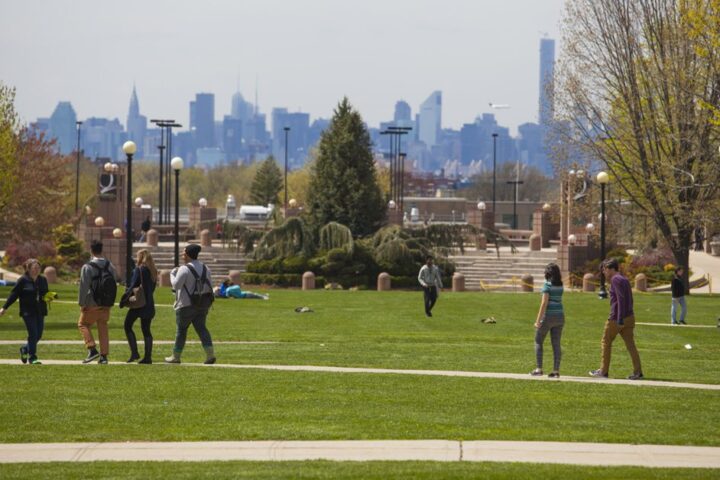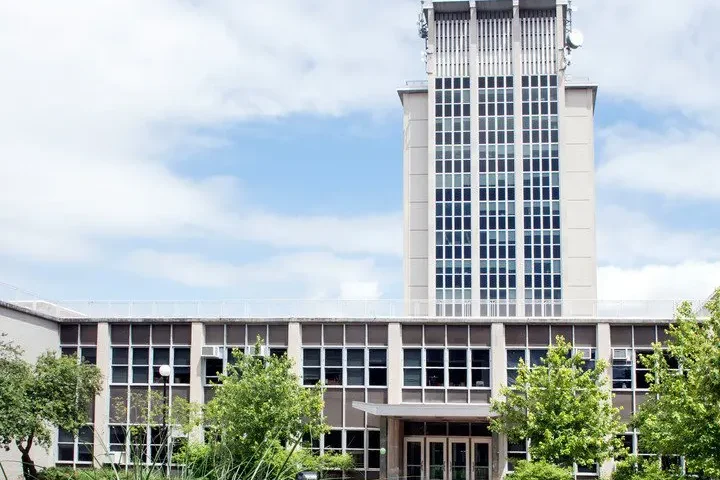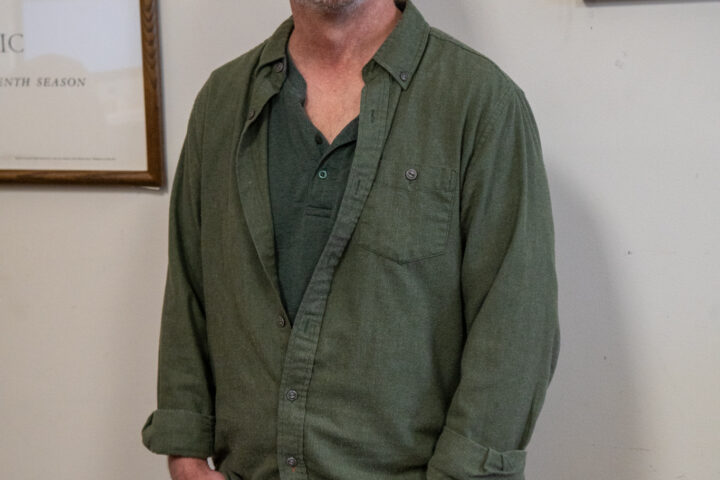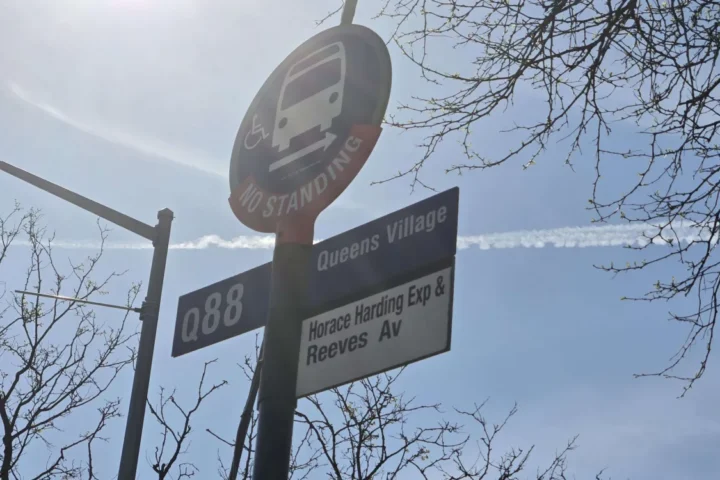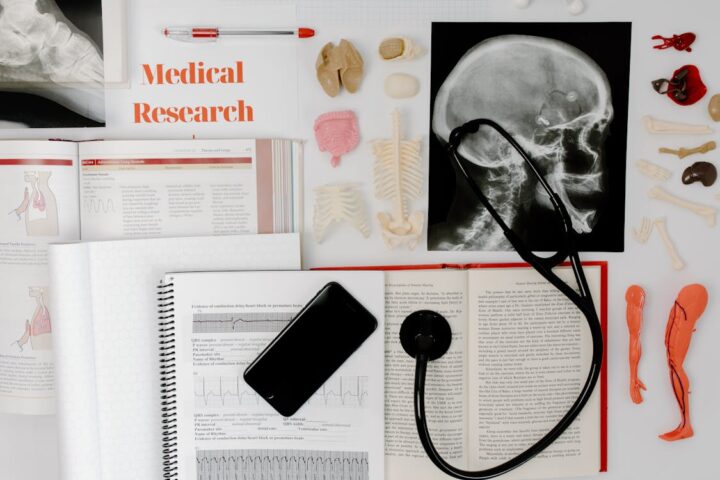It started with a campaign akin to novelist Charles Dickens’ “A Tale of Two Cities,” with New York City as the backdrop for Bill de Blasio’s political crusade. It was a modern take on the classic tale, casting rich and poor New Yorkers as the bourgeoisie and the proletariat, and he counted on support from the poor hoped to provide him with a wealthy victory.
Four years ago, the middle-aged Brooklynite with a biracial family seemed to be the second coming of Christ the Democratic party had been waiting for. His policies were clear and straight-forward, eliminating the bureaucratic jargon past candidates were famous for. He had that je nei sai quois, as the French would call it. To native train riders and speed walkers, he was just like us. In other words, he was a breath of fresh air in a city polluted with corrupt politicians.
If the stock characterization of Bill de Blasio sounds like one of Dickens’ flawed protagonists, it’s because it is. On paper he sounded promising. But dissatisfaction has set in. The same can be said about de Blasio the mayor.
Before the primaries held on September 12, I asked an array of students and faculty members what their take on de Blasio was, and of the 20 or so people I asked, only one said he was pleased. One.
“I think people don’t give him enough credit,” Queens College BALA professor David Leventhal began. “He got Universal Pre-K, started Vision Zero (the city’s plan on preventing road fatalities) and cleaned out the homeless people.”
Before I could ask any follow-up questions, a passer-by said, “Then why did I run into more homeless people this year than the last decade?”
I didn’t get his name, but I didn’t have to. Every other person mentioned it.
While the universal pre-K and Vision Zero programs are successful in their own right, his inability to raise money and work with the governor dims those spotlights. The biggest issue that was raised? The perpetually problematic beast known as the MTA. Anastasia Liotopoulos, a commuter from Bayside, said train delays are getting increasingly worse, and she thought de Blasio was supposed to fix that. Actually he wasn’t.
Train delays, signal malfunctions and increased MetroCard fares are the state’s fault, not the city’s, though it affects its residents the most. The only thing we can blame him for is the homeless person lying across the bench.
Governor Andrew Cuomo is responsible for the MTA’s breakdown, not de Blasio. But it’s about much than assigning blame. You see, Cuomo and de Blasio are the present-day Capulets and Montagues, stirring in some Shakespearean drama into the Dickens’ plot. The outcome? Not only literary mayhem, but conflict stirring the melting pot. This is why Mayor de Blasio has had a hard time getting things done in office: the city and state are fighting a civil war, and our backyard is the battleground.
With that being said, before the primaries voters made it clear their distaste for de Blasio. So when election day came, those words were expected to be translated into numbers. Instead, a plot twist occurred in pure Dickens style: 74.6% voted in favor of de Blasio.
So why are we getting two stories about deBlasio? Why does one poll say New Yorkers detest him, while the other shows that three quarters prefer him? Political science professor and New York City politics Alexander Reichl explained it to me.
“So far de Blasio has every advantage: incumbency, name recognition, money, a compelling issue (inequality), and the Democratic party label in a city where registered Democrats outnumber Republicans by some six to one. That is why no big name opponents stepped up to challenge him.”
When you mention de Blasio’s name alone, people like to bring up his failures. But when you mention his opponent, Republican Assemblywoman Nicole Malliotakis, people go, “Who?””
That’s not to say that a huge number of people showed up to support him. In 2013, over one million New Yorkers showed up to the primaries. Last week, fewer than 440,000 voted. So while he still received three quarters of the votes (74.6%, or 326,361,) he received it from a much smaller crowd.
Come election day, Nov. 8, a de Blasio win seems inevitable, but so does his continued rivalry with Gov. Cuomo and his low approval ratings. Like the French Revolution Dickens helped to illuminate, de Blasio’s mayoralty is seen by some as a failed promise. Even with two centuries separating them, Dickens and de Blasio have one striking thing in common: their campaigns were far better than their revolutions.








